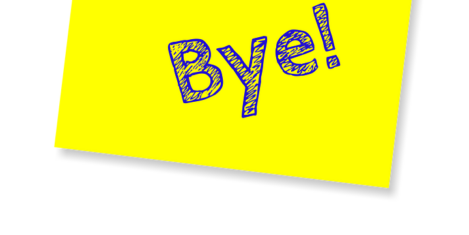January 30, 2018
Public sector procurement must foster digital innovation and growth says report
 If the Government is to deliver its plans of driving digital transformation to improve the UK’s public services it must make a step change in procurement within central government and the wider public sector. That is one of the main findings of Procuring the Smarter State: key steps to promote innovation and growth in the public sector, published today by techUK. The Government spent more than £12.2bn with SMEs in 2015/16 and thousands more tech SMEs have signed up to sell their services to Government in the last year through agreements like G-Cloud and Digital Outcomes and Services. But the Government needs to do more if it is to reach its aspiration of spending one pound in every three with SMEs by 2022. This new report sets out how procurement can act as a tool for Government to deliver its vision for the future of public services and use public sector procurement to help foster innovation in the supplier community.
If the Government is to deliver its plans of driving digital transformation to improve the UK’s public services it must make a step change in procurement within central government and the wider public sector. That is one of the main findings of Procuring the Smarter State: key steps to promote innovation and growth in the public sector, published today by techUK. The Government spent more than £12.2bn with SMEs in 2015/16 and thousands more tech SMEs have signed up to sell their services to Government in the last year through agreements like G-Cloud and Digital Outcomes and Services. But the Government needs to do more if it is to reach its aspiration of spending one pound in every three with SMEs by 2022. This new report sets out how procurement can act as a tool for Government to deliver its vision for the future of public services and use public sector procurement to help foster innovation in the supplier community.


















 The UK has been ranked as the eighth best country in the world for the ability to attract, retain, train and educate skilled workers, but while its ability to leverage diversity for talent competitiveness is boosted by its global knowledge skills – the UK is undermined by its weaker performance on tolerance and gender equality. According to the Global Talent Competitiveness Index GTCI) produced by the Adecco Group, with international business school INSEAD and Tata Communications, the UK has a particularly strong pool of global knowledge skills, a variable for which it is ranked third in the index boosted further by its strong regulatory, market and business landscape. But this is undermined by its internal openness, where it still lags behind, especially when it comes to gender equality. The report also suggests that although Article 50 was triggered in 2017, the ongoing negotiations and continuing lack of clarity over the UK’s position once it leaves the European Union in 2019, means the impact of Brexit is not yet clear.
The UK has been ranked as the eighth best country in the world for the ability to attract, retain, train and educate skilled workers, but while its ability to leverage diversity for talent competitiveness is boosted by its global knowledge skills – the UK is undermined by its weaker performance on tolerance and gender equality. According to the Global Talent Competitiveness Index GTCI) produced by the Adecco Group, with international business school INSEAD and Tata Communications, the UK has a particularly strong pool of global knowledge skills, a variable for which it is ranked third in the index boosted further by its strong regulatory, market and business landscape. But this is undermined by its internal openness, where it still lags behind, especially when it comes to gender equality. The report also suggests that although Article 50 was triggered in 2017, the ongoing negotiations and continuing lack of clarity over the UK’s position once it leaves the European Union in 2019, means the impact of Brexit is not yet clear.

















